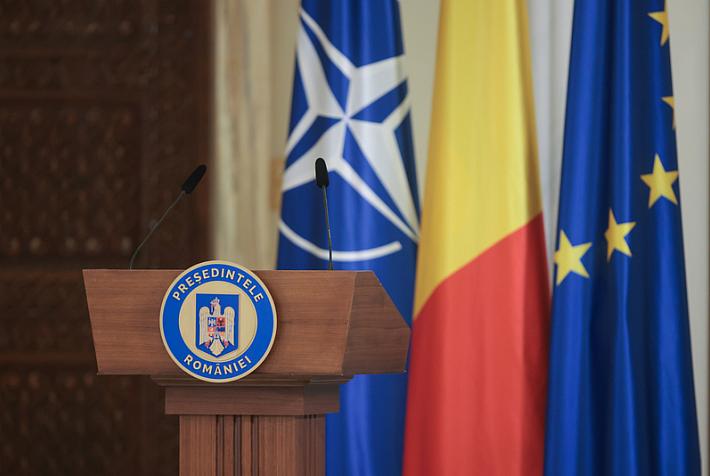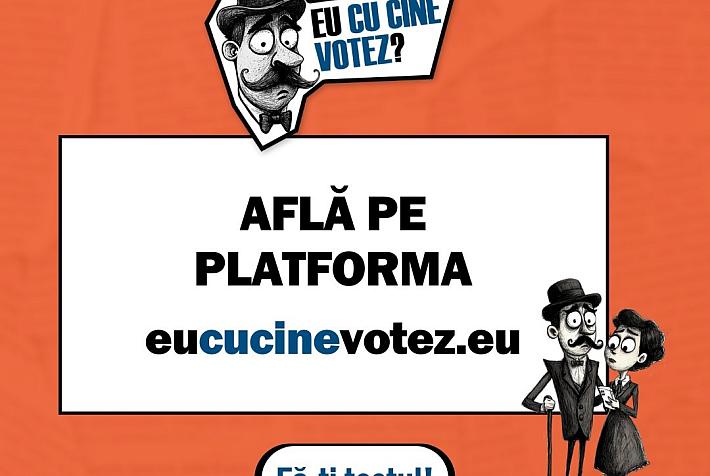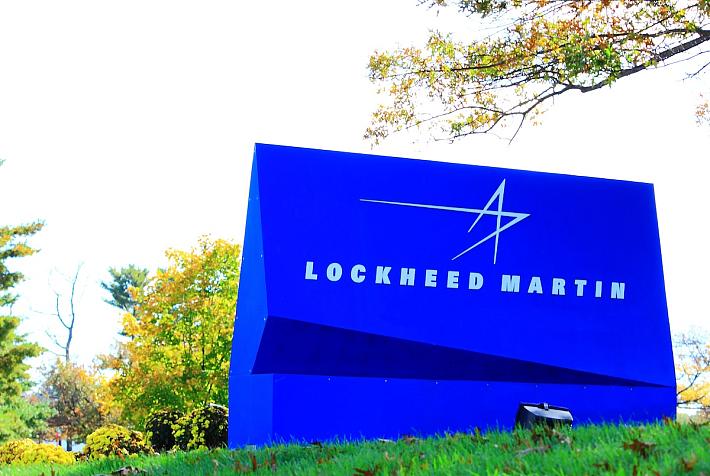Press Release: Solving the Economic Crisis in Romania - A perspective from a Canadian isolated in Bucharest during Covid19

Yousuf Khatib is a serial entrepreneur and over the past six years has helped grow several technology start-ups, both in Romania and worldwide. He is the CEO of Global Skills Hub and currently, he is lending his support to Circle of Reciprocity, a platform (started by a handful of Romanians) that aims to find solutions to the crisis generated by COVID-19 in Romania.
“A pessimist sees the difficulty in every opportunity; an optimist sees the opportunity in every difficulty.” Winston Churchill
On March 14th, I flew from Canada to Romania to be with my family during these unprecedented times. Ever since landing here, Churchill’s words have been at the forefront of my mind.
The exact day that I landed in Romania, my sister Aisha, called me asking if I could contribute to building a decentralized communications tool for fellow doctors like herself and healthcare providers to share information with one another about COVID-19.
On March 15th, I too launched a call for help across my network. Just 12 days later, Nth Opinion released the AskCo19 app. The application uses machine learning to collect information from frontline physicians from around the world and makes it easily accessible to doctors fighting the virus, particularly in areas with limited healthcare resources. It serves as a trusted source to the public, like having your doctor in your pocket all the time. The response was beyond expectations, with over 200 specialists joining the initiative and building the application.
Across the world, I could see a growing number of local initiatives. A platform that connects hospitals to entrepreneurs who can help with donations (Ajutor Spitale), the first 3D printed mechanical ventilator, and face shields for doctors (viziere.ro); all of which are wonderful initiatives that Romania needs right now. At present, at least 10 tech Romanian companies have announced their support to help fight the epidemic.
However, I’m wondering if these initiatives will be enough and if Romania has the means to overcome the economic crises that will follow.
Around 280,000 local companies are at high risk of insolvency and around 1 million Romanians risk losing their jobs. Romania has one of the fastest internet connections in the world, but strangely the lowest internet penetration in the entire European Union. While most go online to socialize, communicate or browse for information, very few do so to learn and acquire new skills.
So my question is: how will the 1 million Romanians adapt if they lose their jobs? How will you save these 280,000 businesses from going bankrupt? And how will the rest of local companies hire skilled employees to reach their potential?
The solution is to educate and upskill people. Imagine if you managed to bring 1000 people currently at risk online, give them the resources they need to learn new skills (digital marketing, sales, coding, how to run a business) so then they can become employable in the new economy or even start their own business? And what if you managed to bring online at least 10,000 companies that are now facing insolvency, and help them get their products in front of a new market?
When these 1,000 people are online and start learning, they go from being solely consumers to being creators of goods and services. This is how I believe we can save and support the Romanian business ecosystem, through education and upskilling people.
The first step towards achieving this is to bring people online, giving them the physical means and educational content so they can learn. The next step is to connect such individuals to entrepreneurs, investors, and experts in a context where they can co-create solutions to the current and the economic crisis that will follow. One solution we created is holding an international, remote, hackathon that we are now organizing, which will take place next week. We encourage those interested to Partner or Participate to sign up here!
I know that these ideas are achievable. But in order for them to become reality, we need more initiatives like those mentioned earlier, we need cooperation, and more than anything, we need an environment that enables people to learn. If there was ever a right time to see opportunities in difficulty, this is it. And this is how the Circle of Reciprocity platform was born too.
I am launching a call to action, If you are an entrepreneur or investor in the tech, pharma, FMCG or electronics industries, we would like to get to know you.
Within Circle of Reciprocity we already have ideas of how to bring people online and upskill them, we have ideas of how we can solve issues generated by the epidemics (how to create supply services, educational platforms for children and more). If you too have ideas and solutions to these problems, don’t hesitate to reach out.
Join us at www.circleofreciprocity.com and make your contribution.
We realize this is a huge undertaking and as such, we have partnered with organizations that are able to guide us in the Impact economy. As a business, we believe that human capital is the most valuable resource available today. With this in mind, our talent will be made available to organizations in response to COVID-19 as an in-kind contribution supporting the Project K(IN)D Global Movement launched earlier this year. GSH is a proud supporter of this movement which seeks to deliver 1 billion in-kind actions to those in need.
I am confident that Romania has many dreamers, doers and above all dreamers who do when they are needed the most.
You can contact Yousuf via email at yousuf@globalskills.io or LinkedIn.
Special thanks to Elena Iordache (Stoica Digital) for authoring this article.
This is a Community Service Press Release. Here you can order press releases on this site.













